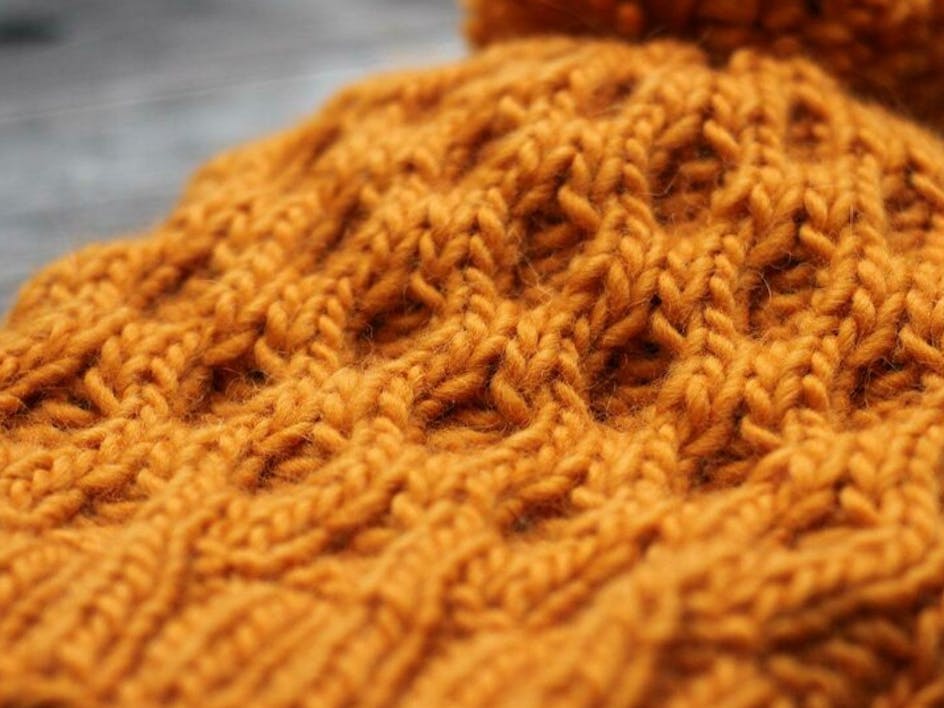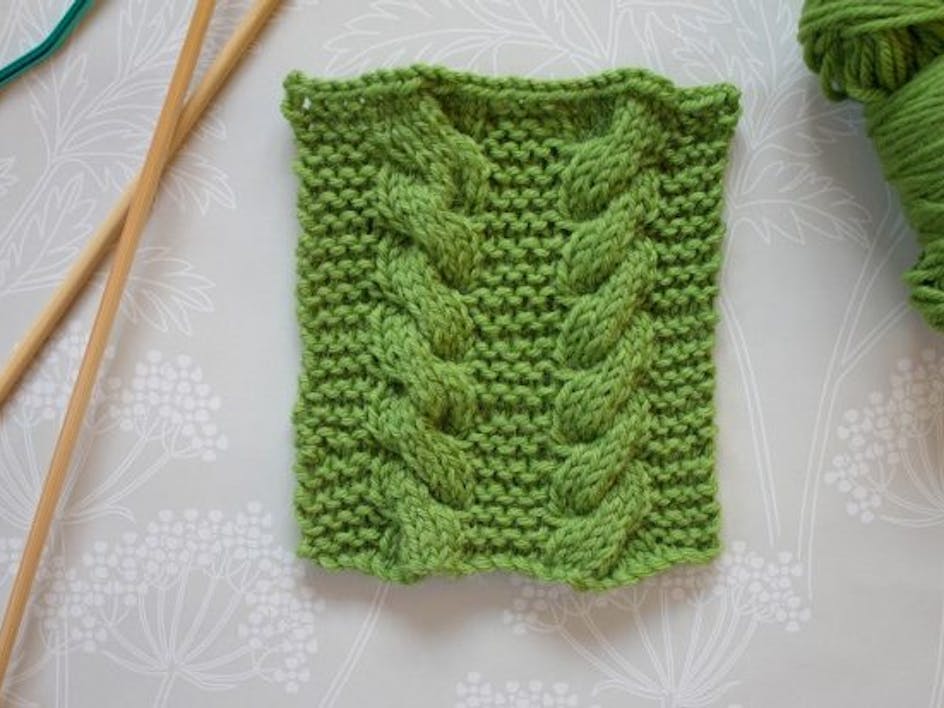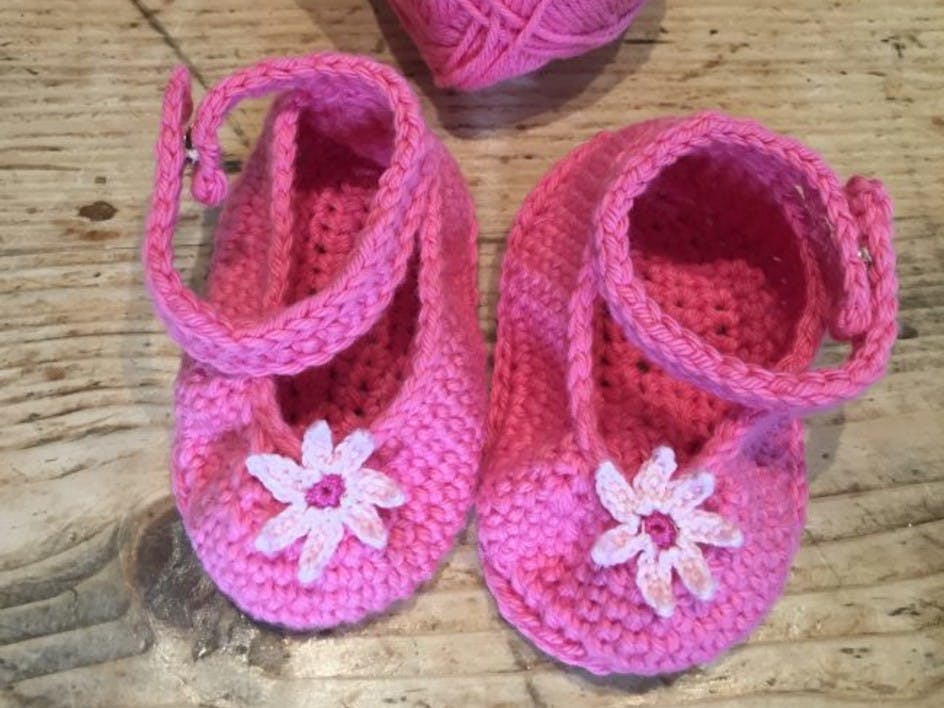4 ways to cable without a cable needle
Published on December 19, 2018 By Elizabeth Bagwell 2 min read
Forgot your cable needle? Find them fiddly? Elizabeth Bagwell helps you quit the habit while keeping your cabling neat and tidy.
Cabling without a cable needle is surprisingly easy. It’s great for when you’re out and about, as you don’t need than extra tool which can easily be forgotten or lost.
NB: For these instructions, I’m assuming you have unworked stitches on your left-hand needle, and worked stitches on your right.
1. Use a pencil
Or a toothpick or a chop stick or any roughly needle-sized clean object. If you’ve forgotten your cable needle, lots of alternatives will do. If you’re ready to do without entirely, read on!
2. Pinch and slip
Cabling is, at heart, a way of swapping stitches around. As an example, let’s consider C4F. Normally C4F is: slip 2 stitches onto a cable needle, hold in front, knit 2 from needle, knit 2 from cable needle.
When you reach the cable section, slip the stitches (2 for C4F) you would normally put on a cable needle off the needle entirely, holding them pinched in your fingers. Hold them in front (as in our example) or back of the work, wherever you would put the cable needle.
Slip the rest of the cable stitches (2 in this example) to the right hand needle, then pop the pinched stitches back on either needle. Slip all unworked stitches back to the left hand needle. You’ve put the twist in already, so just knit or purl the stitches (knit 4 here). Continue the pattern as instructed.
See this technique in action! Find our tutorial on how to cable without cable needles to show you exactly how to do this.
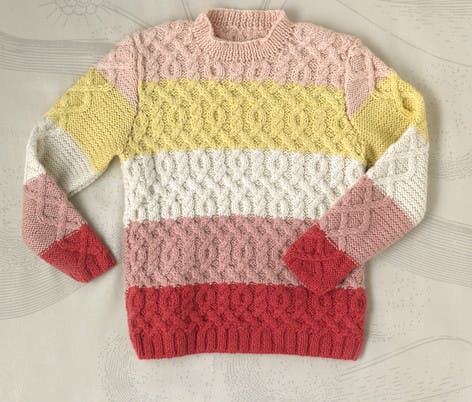
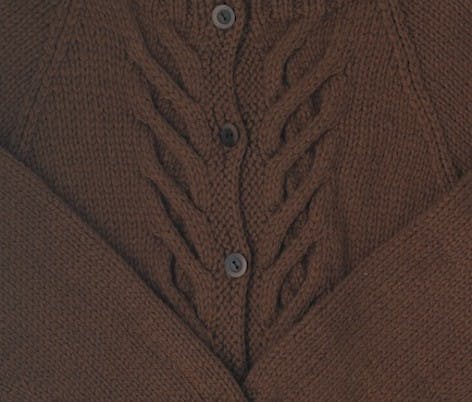
3. No pinch!
If you’re using a sticky yarn, such as a pure wool, you can work this technique without pinching the stitches. Simply slip the cable stitches off, sitting them in front or back of the work as though on an imaginary cable needle and continue as instructed.
4. Knit the twist in
Instead of swapping stitches around off the needle, do it while they’re still in place. Skip the stitches you’d normally put on a cable needle (the first 2 on the left hand needle in our example) and then reach round the back (leaving the cable stitches in front, as in C4F) or front (C4B) to work the next stitches. Reach back and knit the unworked stitches, then slide the whole cable group off the needle. They should ping into place.



